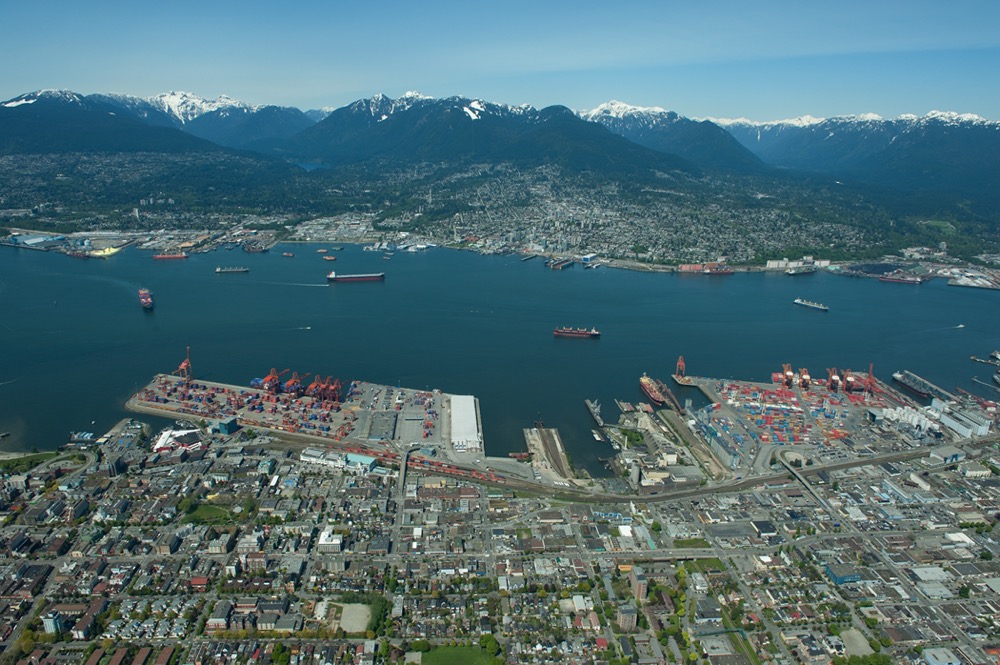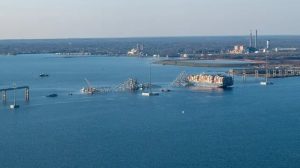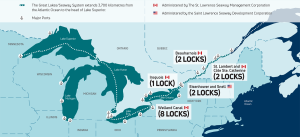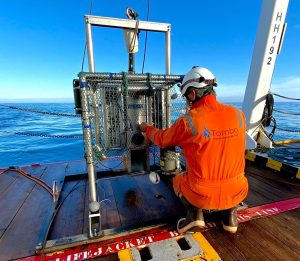By Colin Laughlan
Vancouver – The International Association of Ports and Harbors (IAHP) wound up its World Ports Conference 2022 on May 18 with a single theme dominating a three-day roster of international experts from the global maritime sector. Delivering a concerted message for a hastened economic recovery in the post-pandemic world, industry and government leaders focused on the need for increased data- sharing among supply chain and intermodal transportation partners.
“The overwhelming concern is that this requires a coalition of the willing between public and private stakeholders to share data, to structure data exchange globally in a uniform way,” IAHP Managing Director, Patrick Verhoeven commented in his opening remarks.
While Mr. Verhoeven acknowledged lack of trust among stakeholders was a reason retarding progress in supply chain digitalization, several conference speakers noted the term ‘data sharing’ was misleading and would be better understood as ‘data collaboration’ within a framework of data governance.
In February this year, a statement from the IAHP’s North American Regional session read: “The willingness, or lack of it, in terms of sharing important operational data was cited as more critical than the availability of technology to help disentangle the supply chain knots.”
U.S. Federal Maritime Commissioner Carl Bentzel told conference delegates that the FMC could play a role to increase the visibility of cargo by adopting standards to resolve conflicting information on container shipments over different digital platforms. Having consulted extensively with industry, he explained that the FMC was not looking for confidential information on cargo movements and prices, but rather for data that would increase efficiency through coordinated efforts.
“We’re working to come up with harmonized principles on the data necessary for the movement of cargo,” he said. “Ultimately, we are trying to get to a national standard for the shipment of cargo – and hopefully to provide an impetus for some international standardization.”
Mr. Bentzel said talk in industry about voluntary standards was “an oxymoron because it can’t be voluntary so someone has to take the lead – and we’re willing to do that,” adding that this would require political maneuvering. “We are a political organization and so I’m going to have to work this through our Commission – we’ll have to have three Commissioners support it – and basically have to get concurrence from industry and the actors out there.”
There are three primary types of data required, he said: 1) Where is cargo in the process? What are the standard operating procedures at terminals in terms of containers? 3) What intermodal is available? (Photo Port of Vancouver)





